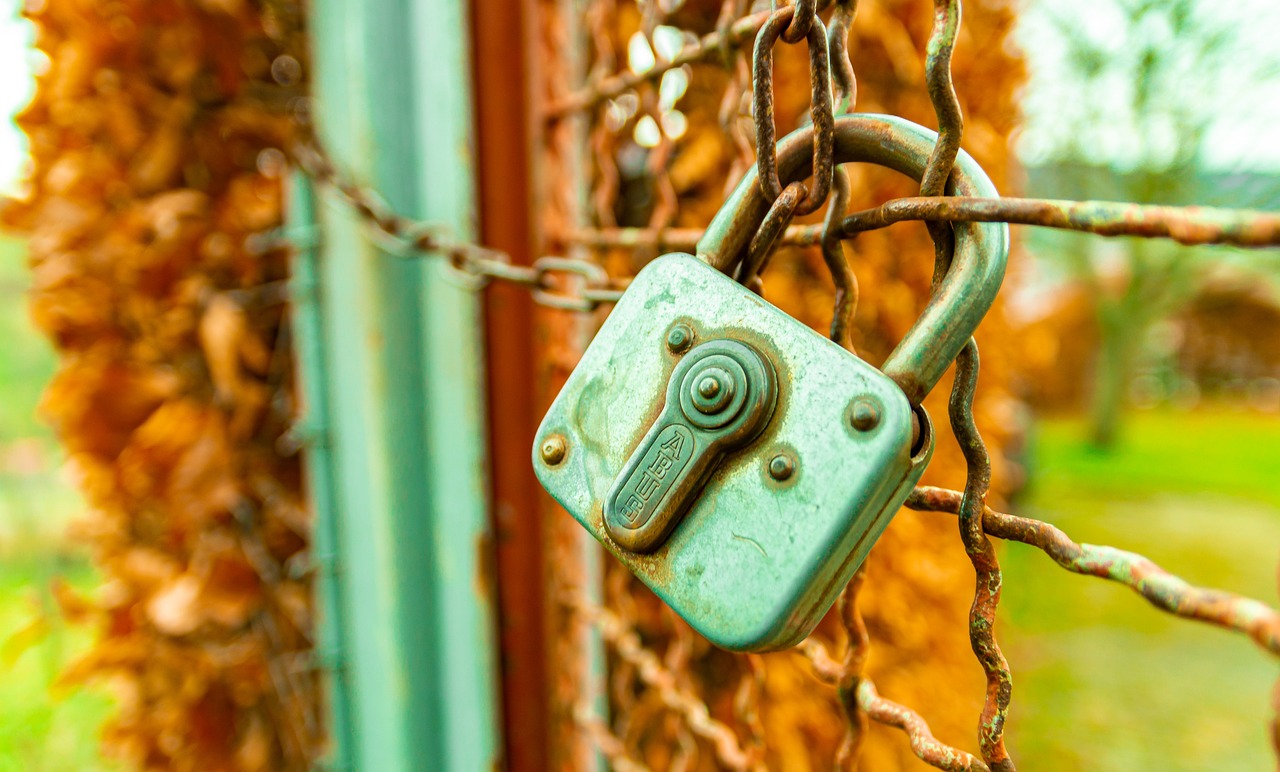
Indian Government
Indian Government Blocks Over 2, 000 X Accounts Including Reuters. Elon Musk’s social media platform X recently disclosed that the Indian government ordered the blocking of 2, 355 accounts within India, including the well-known Reuters news agency. This move was executed with an immediate one-hour deadline and without providing any official justification. Reuters reported that both its primary account and ReutersWorld were blocked starting Saturday, displaying the message “Account withheld @Reuters has been withheld in IN in response to a legal demand.” The accounts were temporarily suppressed but restored the next day after the Indian government’s Press Information Bureau denied ordering the block and stated it was working with X to resolve the issue.
Ongoing Legal Battle Between Musk’s X and Indian Government
This episode is only the latest in a protracted legal confrontation between Elon Musk’s platform and India’s government, led by Prime Minister Narendra Modi. In March 2025, X sued the Indian Ministry of Electronics and Information Technology, accusing it of unlawfully expanding online censorship powers. The lawsuit claims that the ministry’s broadened regulations enable easier removal of content and suppression of free speech, which Elon Musk, a proclaimed free speech absolutist, strongly opposes. Musk’s acquisition of Twitter, subsequently rebranded to X, was motivated in part by his view that conservative voices and other perspectives were unfairly restricted under previous moderation policies.
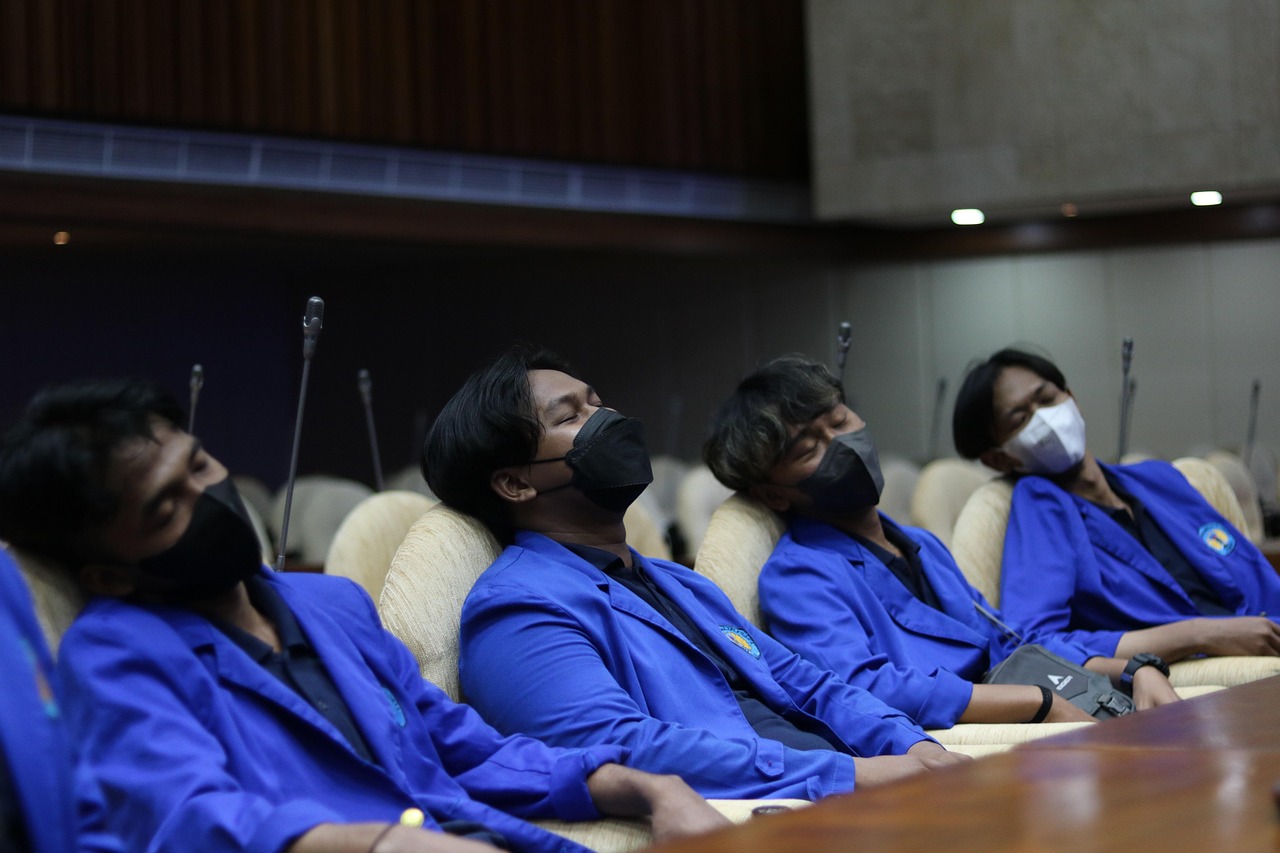
The Challenge of Press Censorship in India
X’s statement calling out “ongoing press censorship in India” highlights a growing concern about government control over digital platforms and information flow. India is one of the world’s largest social media markets, with over 500 million internet users, making it a critical battleground for digital rights. The sudden blocking of Reuters—a major global news agency—raises serious questions about press freedom and transparency. Official data shows India’s IT ministry has ordered thousands of content removals and account suspensions over the past two years, but the demand for a block within one hour without explanation is unprecedented in scale and speed.
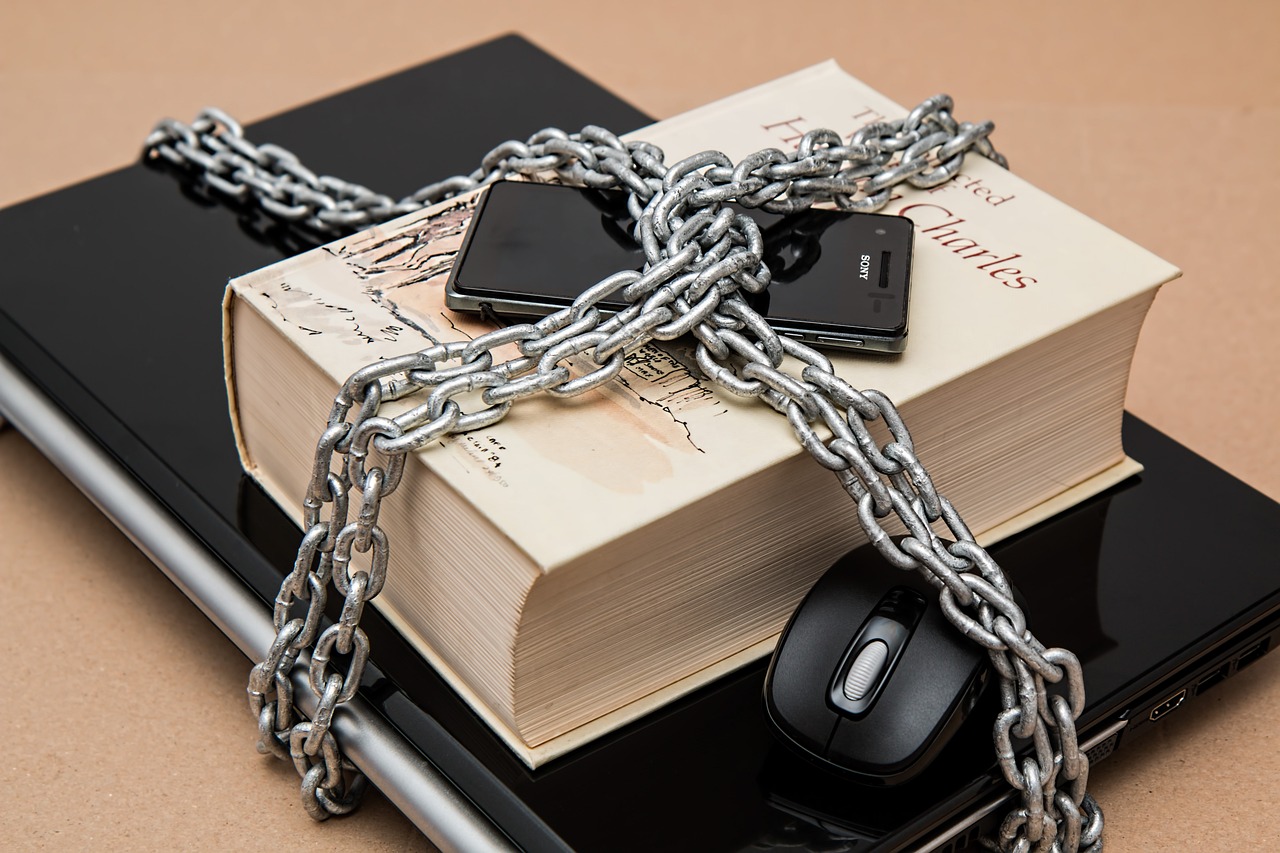
Elon Musk’s Pushback Against Content Moderation in India
Since taking over Twitter and renaming it X, Elon Musk has aggressively altered content moderation policies to align with his free speech absolutism, often reducing restrictions on controversial content. However, this stance has clashed with governments like India’s, which enforce strict rules on online content to control misinformation and dissent. India’s IT ministry reported that social media platforms must comply with local laws, which include swift removal of content deemed unlawful—a requirement Musk’s company disputes as overreach. The conflict illustrates the broader global tension between platform autonomy and national sovereignty over digital communication.

Implications India
Implications for US-India Relations Under President Trump. This dispute unfolds while Indian Prime Minister Narendra Modi met with US President Donald Trump in Washington earlier in 2025, underscoring the geopolitical importance of digital governance. With Trump back in office, known for his own contentious relationship with social media platforms, the US stance on internet regulation and free speech could influence ongoing dialogues with India. The clash between X and India may become a litmus test for how democratic values around free expression are negotiated between two powerful democracies amid rising concerns over digital censorship worldwide.

Final Thoughts
Conclusion Governments Cannot Ignore Free Speech Demands on Social Media. The blocking of over 2, 000 accounts on X, including Reuters, by the Indian government without clear justification is a stark reminder that digital censorship is escalating in scale and speed. Elon Musk’s legal and public battle against India’s IT ministry highlights the urgent need to reevaluate how democracies balance national security, misinformation control, and fundamental free speech rights online. As social media platforms become the new public square, governments must tread carefully—overbroad censorship risks undermining press freedom and democratic accountability, while platforms face pressure to comply with local laws or lose access to vast user bases. This ongoing conflict foreshadows a future where free speech on global platforms will be fiercely contested terrain.
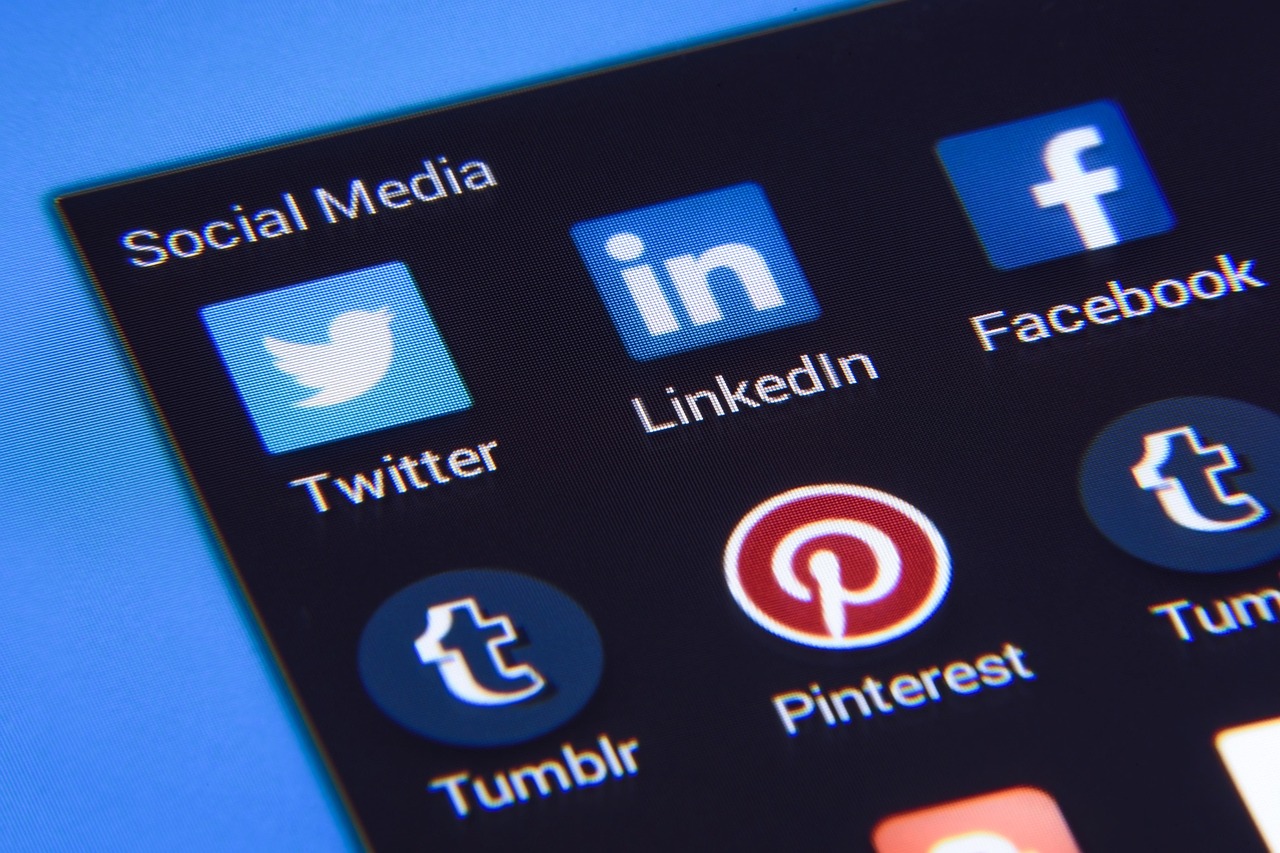
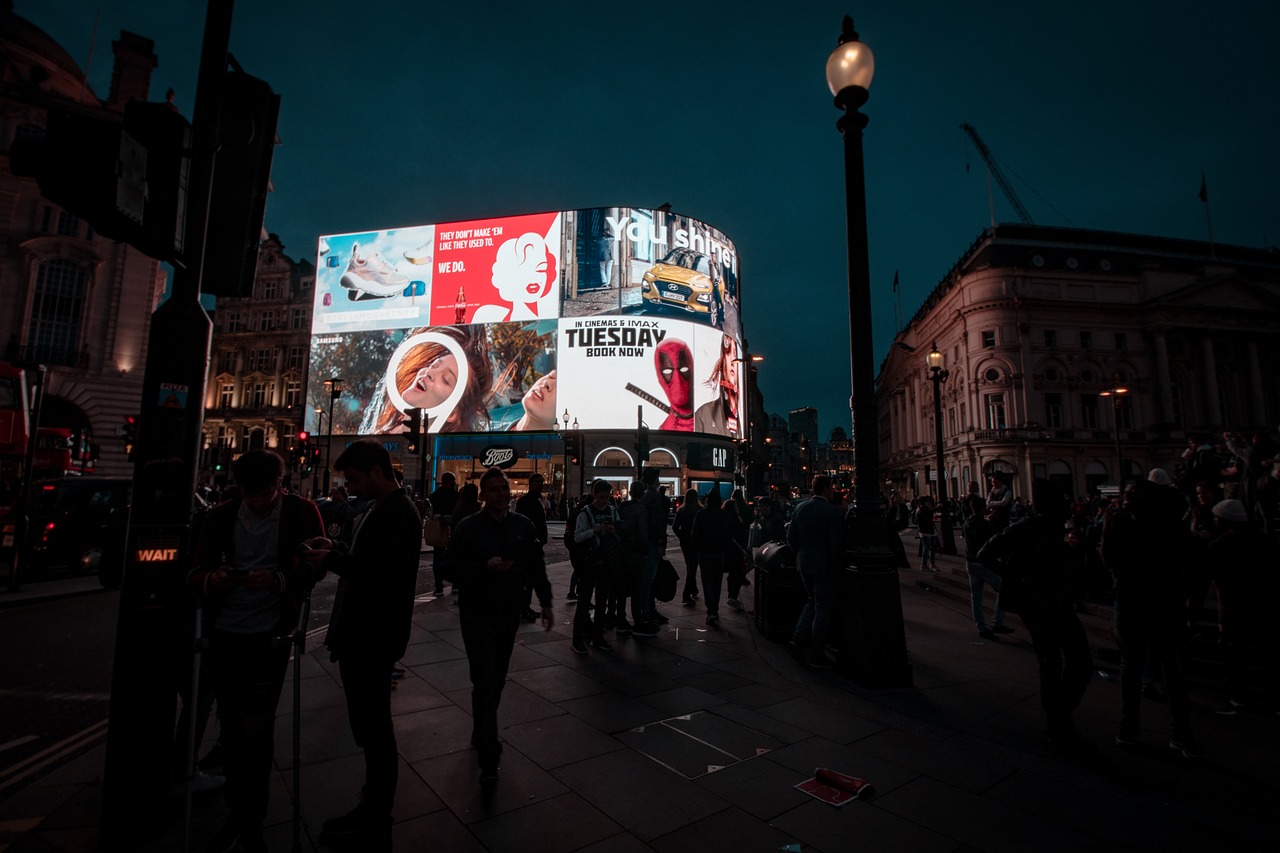
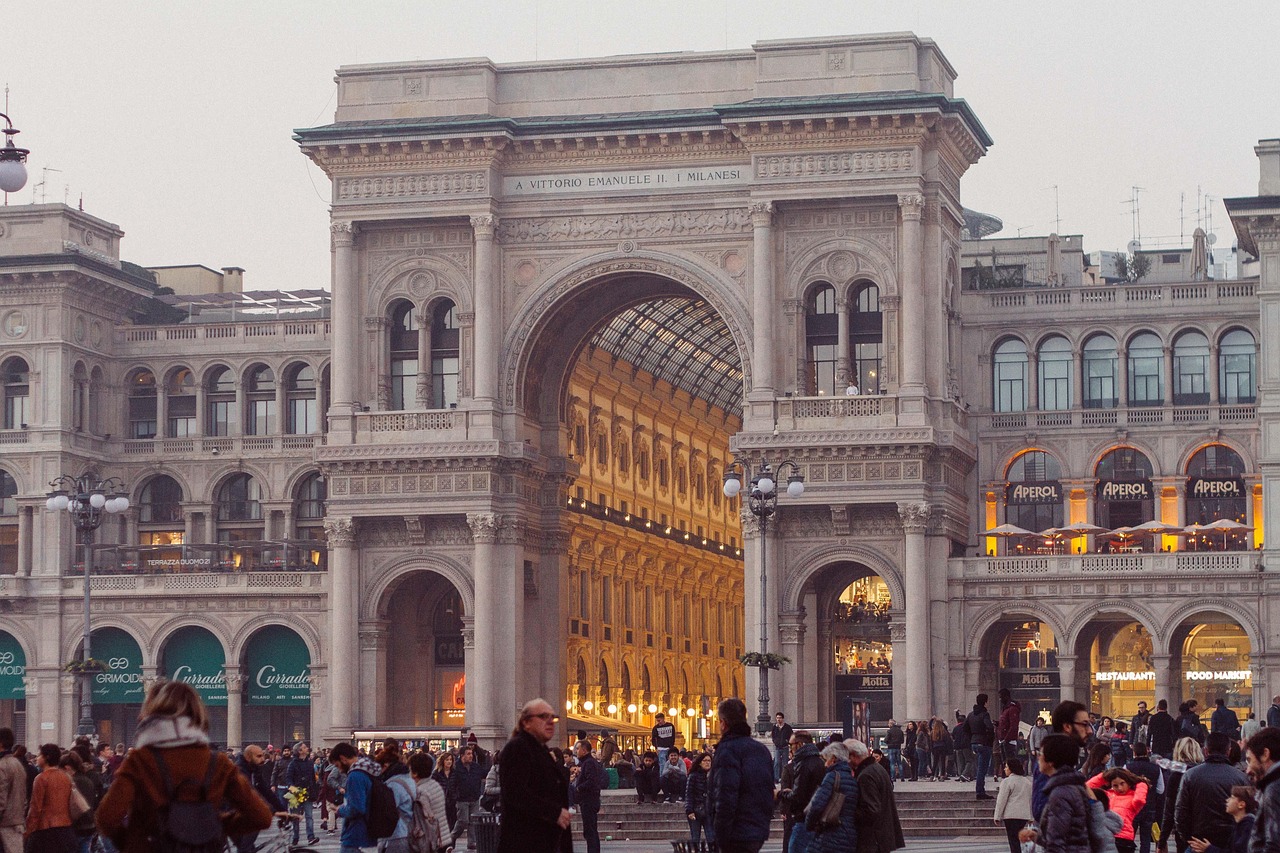




gbmvov